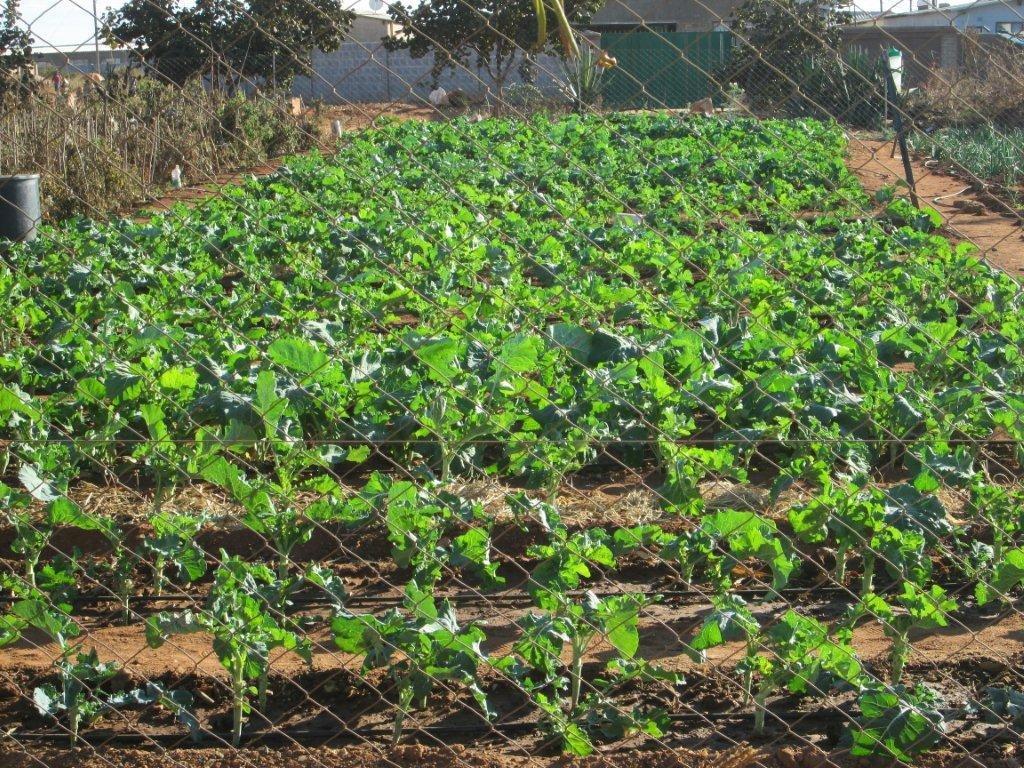By Miriam Ndlovu for We The Future
When Gogo MaMoyo (67) of Entumbane joined vegetable gardening at one of the community gardens in the suburb, she found an odd practice that works to the disadvantage of women.
It is a practice that is inconsistent with the modern world values that support gender equality.
But at this community garden, on one the hand there are wells for men, and on the other hand, wells for women.
You cannot see the boundaries, but as a woman you must know where they are. Crossing the demarcation may invite the sternest rebuke.
So, the women who work here are guided by that mental map.
Odd as it sounds, it is taboo for a woman to draw water from a well that is reserved for men.
“The first time I came here, I found women queueing at this particular well. On the other side there were two men watering their beds from a different well at ease.
“When I asked them what was happening, no one was keen to say, but I eventually learnt that this is how things are done here,” she said.
I simply complied.
What is sad, Gogo MaMoyo said, is that wells for women quickly dry up leaving them with limited options, especially during the summer season.
“Once the rains are gone, we suffer a lot because we have to queue for one well in order to water our vegetables. I really don’t know really started such a cruel practice against women,” said MaMoyo.
She added that as elderly women they rely on these gardens for survival since most of them lack sustainable support systems.
“We have had people coming to buy from us but with this water situation, we only watch our male counterparts do business because they have access to water,” she said.
Gogo MaMoyo said she feared this practice will be carried through generations while depriving women opportunities.
She said this practice has also caused a rift among women growing vegetables in this garden.
“Squabbles and quarrels are inevitable in this situation because of these long queues and pressure of leaving the children alone at home so every woman uses all her power to make sure she gets a chance to water her garden as soon as possible and go back to the children thus unity among women is destroyed due to this pressure,” she said.
This article was produced under CITE’s We The Future project. The We The Future project seeks to increase the participation of young women in local and national governance processes through capacity building on digital skills.


It is so sad to know that even in this modern world, women are still regarded as inferior in some parts of the world 😢